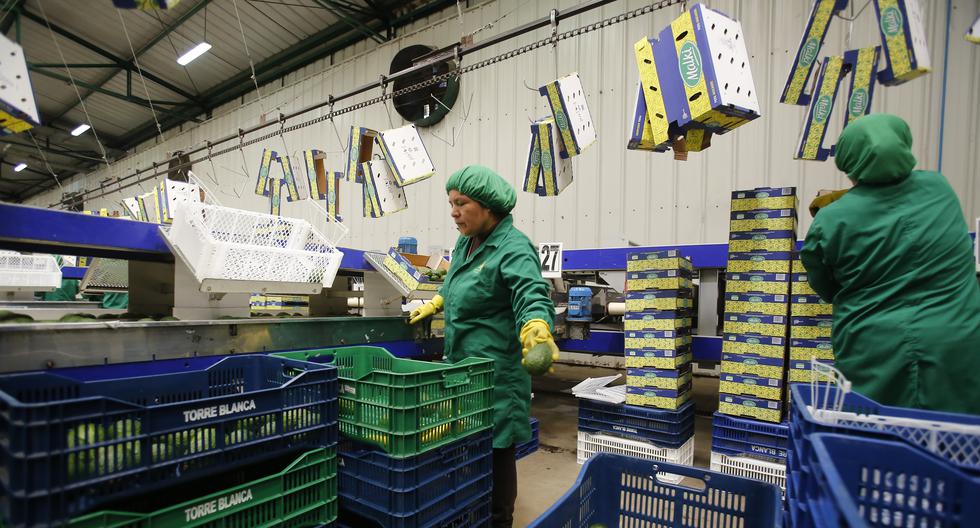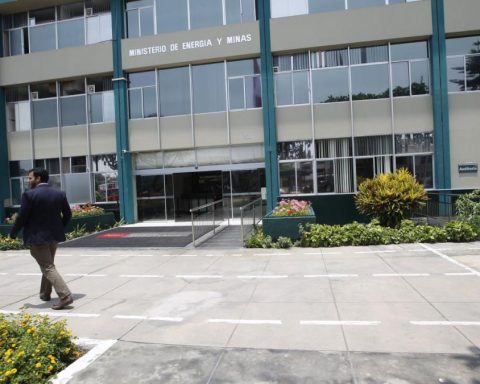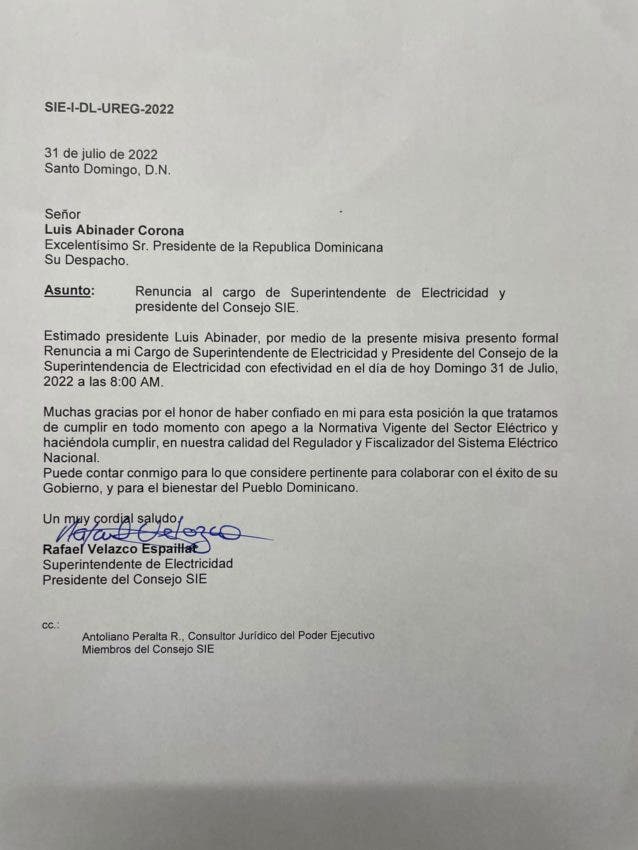The Inter-American Development Bank (IDB)highlighted that agribusiness has great potential for the development of the Latin American region, with the generation of jobs and technological progress.
This was stated in his report entitled “Competing in agribusiness. Business strategies and public policies for the challenges of the 21st century”, recently published.
The IDB pointed out that the region has a pending issue: to generate a path of sustained and inclusive growth.
LOOK: Pedro Castillo makes more promises to farmers, despite the failure of the second agrarian reform
“This book, based on the experience of more than 30 cases of successful insertion in global agri-food markets, shows that there is enormous potential for the sector to contribute to the sustainable development of the region, with differentiated high-value products, both fresh and processed. ”, Indian
“The sector also has great potential for incorporating hundreds of thousands of small producers into formal agri-food chains and, at the same time, for developing sectors (such as inputs or services) that are knowledge-intensive”he added.
He highlighted that in developing countries, the increase in income is changing diets, as in developed countries, where there are very high-value niches to be exploited.
“The demand for the type of products analyzed in this report is growing and the region clearly has comparative advantages in them. This suggests that there is a world of opportunity.”stressed the IDB.
LOOK: Innovative solutions to combat pests and diseases in grape cultivation
“Taking advantage of them requires companies that invest in innovation, that adopt continuous improvement processes and that adapt their products to the increasingly demanding requirements —in terms of quality, safety, compliance with standards, etc.— of the buyers in the destination markets. ”, accurate.
But he also pointed out that it requires States willing to respond to the requirements of the private sector through the provision of public goods, support for the articulation of chains and the resolution of other coordination problems.
Inclusion
The IDB referred that taking advantage of these opportunities in an inclusive manner, in addition, requires States that provide constant support, willing to invest in technical assistance and extensionism, to provide financing and support associative efforts, both through the strengthening of cooperatives and associations of small producers as well as the attraction of new driving companies.
“In order to be able to scale the models that allow the incorporation of small producers. The success stories presented in this report (selected from hundreds of cases submitted in response to the project’s call for proposals) show that it can be done. It’s a matter of getting to work.” pointed out.
















